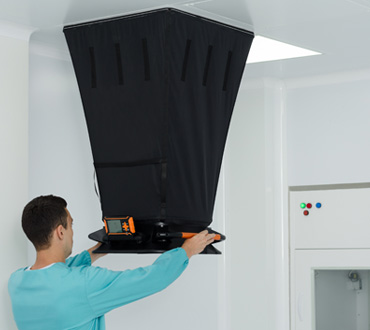
Air Balancing
Air balancing is the process that involves modifying your existing HVAC system to make sure that air is evenly distributed throughout the home. All zones will have the correct amount of heat transfer. You want all components of your HVAC system working in harmony.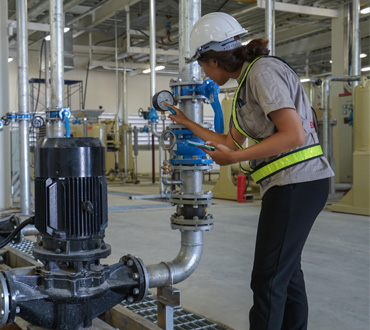
Water Balancing – (Hot & Cold water)
The aim of chilled water balancing is to apply a disciplined procedure of adjustment to water flow rates throughout the chilled water system to meet the particular requirements of the design.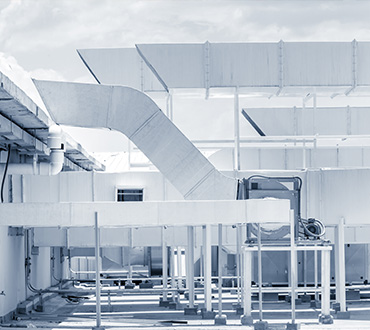
HVAC Performance Test
HVAC performance testing is the process of properly measuring the BTU capacity output of a system to determine if it's functioning at full capacity.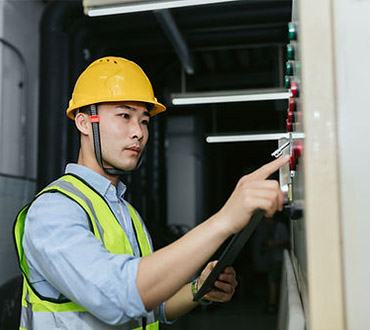
Electrical System Testing
Live testing is performed on the circuits after they are energized to measure the impedance of the earth fault loop and to check functionality of residual current devices. These tests identify how fast the circuit protection will operate.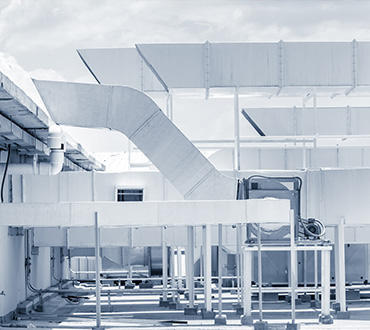
HVAC Commissioning Management
HVAC Testing, Adjusting and Balancing (TAB) are the three major steps used to achieve proper operation of HVAC (heating, ventilation and air conditioning) systems. The balancing of an HVAC system is usually based upon the design flow values required by the Mechanical Engineer for a project. After testing, we submit a written report which summarizes the testing and balancing and notes any deficiencies found during the TAB work.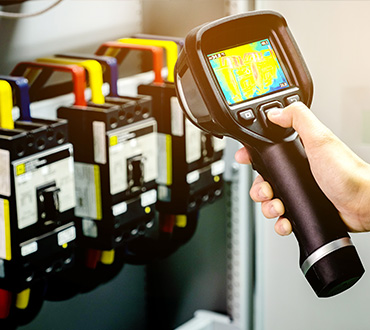
Thermographic Inspection
Infrared thermography is a test that can be utilized to identify unbalanced loads, poor connections, deteriorated insulation or any other issues in energized electrical panels or components without dismantling the components. These problems may lead to excess power use, increased maintenance costs, or catastrophic equipment failure resulting in unscheduled service interruptions, equipment damage, or other problems.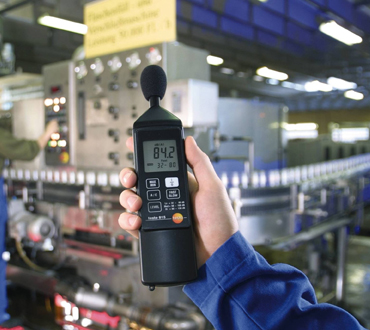
Sound Level & Temperature Measurement
A Sound Level Meter (SLM) is an instrument that is designed to measure sound levels in a standardized way. It responds to sound in approximately the same way as the human ear and gives objective, reproducible measurements of sound pressure levels.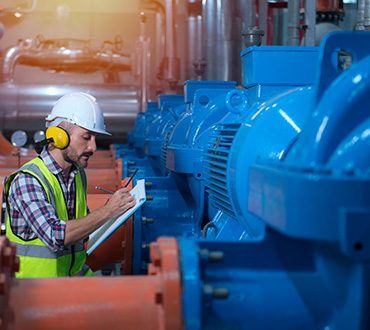
MEP Validation and Inspection
Our MEP Validation and Inspection provides specialist services to investigating building services engineering systems that may have performance issues or in poor condition. We provide our clients with testing, design advice, and Solutions.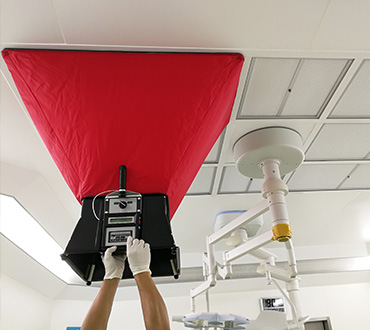
Hospital Vetilation System Balancing
A ventilation system is effective at reducing hospital infections. HVAC systems are built to keep the indoor air quality (IAQ) safe for patients. Because of the airflow standards, equipment must meet high ventilation rates and filtration requirements. "They include negative pressure in isolation rooms, positive pressure in operating rooms, positive pressure in protective environment rooms, and filtration requirements for all areas of the hospital."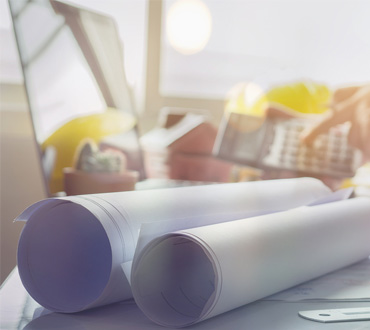
Building Performance Surveys
TABS Commissioning Engineering Services L.L.C provides developers, building owners/occupiers and contractors with a one-stop shop for a broad selection of surveys relating to the built environment, covering the entire lifecycle from concept, through completion to operation.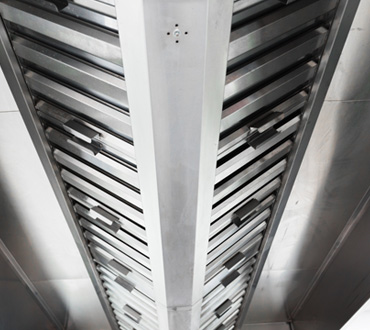
BENFITS OF KITCHEN HOOD AIR BALANCING
- The general ventilation through the kitchen has to introduce sufficient clean, cool air and remove excess hot air for the occupants to breathe adequately and remain comfortable.
- The general ventilation has to provide sufficient air for complete combustion at burning appliances, otherwise chronic debilitating carbon monoxide poisoning could occur.
- The general and local ventilation has to dilute and remove odors, vapors and steam from the cooking processes.
- Humidity levels are being kept under control in the space because all of the air being brought into the building is being treated properly.
- The front door is easy to open for customers entering or leaving the restaurant.
- Kitchen ventilation system works well with no smoke or heat escaping into the kitchen/dining areas.
- The utility bill for the restaurant is at a manageable level because all of the HVAC isn’t being sucked out of the dining room by the hood.
- Less turnover among employees working in the kitchen due to a comfortable working environment.
- High customer retention rate based on providing a comfortable environment to dine in.
